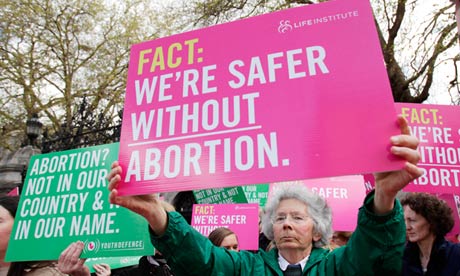THE boss of the former Anglo Irish Bank – now IBRC – has robustly defended the €500,000 salaries paid to his top officials.
In an exclusive interview with the Irish Independent, Mike Aynsley said the public should not be "bloody-minded", nor should they believe that "all bankers don't deserve to be paid these high levels".
Mr Aynsley said IBRC was an "easy target" for people who wanted to bash at bankers because it was seen as the bank that took the country down.
Speaking at his headquarters in Dublin, the Australian, who was brought in to sort out the mess of Anglo Irish Bank, said there was a high turnover of staff at the bank and that he needed high salaries in order to keep good staff.
"There are certain types of individuals that are critical for us in the tapestry of this workforce that we cannot get for less than this sort of money." Mr Aynsley continued: "You can't lose qualified people who manage complex accounts and just transfer an IT specialist or a human-resource specialist to that position."
The IBRC chief 's comments put him on a collision course with the Government, which is under growing pressure to address the thorny issues of bankers' pay and pensions.
The issue of high pensions for Irish bankers is also tackled in a hard-hitting editorial in today's 'Financial Times'.
The editorial – which is headed "Dublin's shame" – says that Ireland's bankers have not covered themselves in glory in recent years.
Finance Minister Michael Noonan and Tanaiste Eamon Gilmore have insisted that they will push for lower salaries at IBRC, which is 100pc-owned by the taxpayer.
When asked if he would bow to political pressure to cut salaries, Mr Aynsley said he had a work force to protect and that he would continue to run the bank on a commercial basis.
"We have a team that has done a tremendous job chasing the problem areas in this institution. The biggest has been Sean Quinn," he said.
"I think we are an easy target for people who want to bash away at banks. Because we are the bank that is seen to have taken the country down. On the other hand AIB and BoI have been designated pillar banks and I think rightly, they need to be positioned for recovery."
He warned that the loss of good staff would cost the taxpayer in the long run.
"There is a direct link between the quality of people we have and the recovery of assets.
"As a country, if we don't recognise this, we are going to find that we won't have enough good people and we will just be exploited by people who want to come in here and buy at the bottom of the market."
IBRC's top six executives earn more than €500,000 each.
Mr Aynsley is paid €663,000 -- a €500,000 salary, allowances of €38,000 and a pension sum of €125,000.
The head of IBRC's UK operations, Jim Brydie, is on a salary of £400,000, or €501,000.
Chief financial officer Jim Bradley; head of asset recoveries Tom Hunersen; head of Irish recoveries Mark Layther; and head of specialised asset management Richard Woodhouse, are each paid a salary of about €400,000. They also receive the equivalent of 25pc of their salaries in annual pension payments -- on top of €30,000 each a year in allowances.
Mr Aynsley's outspoken defence came as Michael Noonan, who controls IBRC, said he would continue to push the issue. The Finance Minister has admitted that he asked IBRC's chairman Alan Dukes for wage cuts at the bank, but said his request was turned down.
"I wrote to Alan Dukes and I asked him to talk to the board of IBRC to impose a pay cut right across the pay levels because it was done for the public service and I can't see why it wouldn't be done elsewhere," Mr Noonan said. The request was made on April 5.
A review of pay at state-controlled banks is expected to be completed by the end of the year by consultants Mercer.
Pay rates will be assessed under the review but the Irish Independent understands that it will not offer the Government any new tools to force pay cuts or change terms and conditions of bankers.
Senior political figures last night vowed to tackle the issue.
Tanaiste Eamon Gilmore said there was the "political will" to tackle the pay packets. These exceed a government-imposed cap on the pay of anyone taking up a new job in a bank.
Pensions
"It is not acceptable to the Government or people of this country that these levels of either pensions or salaries should continue to be paid," he said.
The Tanaiste said Mr Noonan was looking at the various options "that may be open to Government" and had declared that there was the "political will" to deal with the issue.
However, Public Expenditure Minister Brendan Howlin has confirmed that bankers cannot be singled out for higher taxes.
"You can't simply say, 'you and you will pay extra'," he said, adding: "This is careful and delicate work and we need to bring fairness to it."
- Maeve Dineen, Colm Kelpie and Donal O'Donovan












